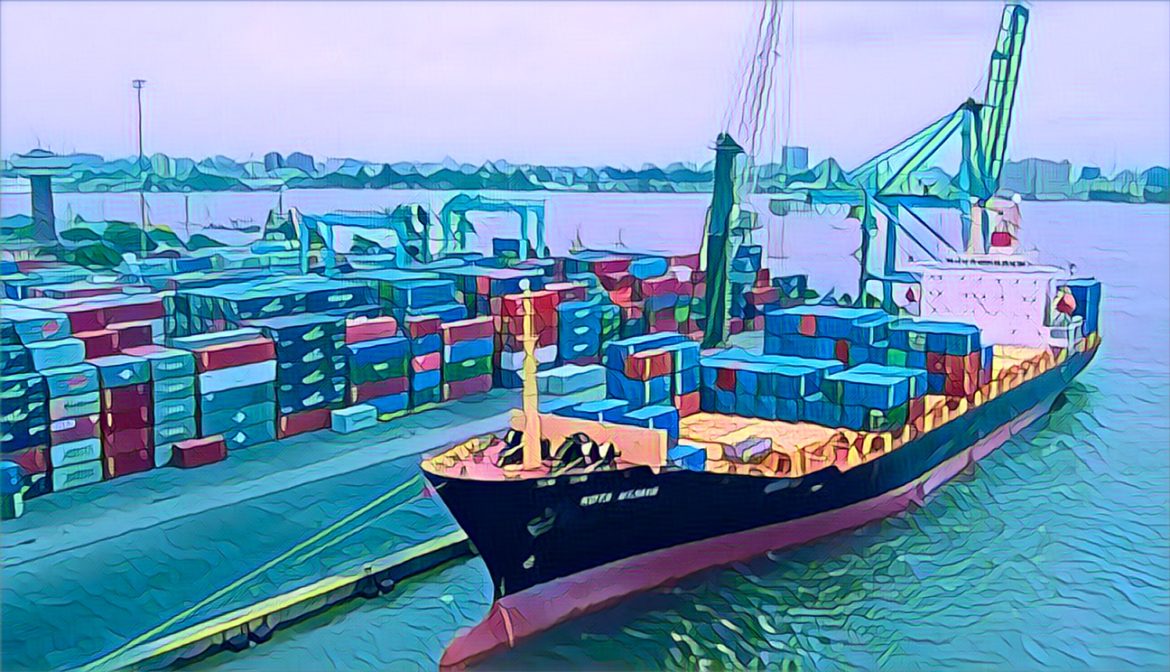The Federal Government of Nigeria has proposed a $1 billion investment to rehabilitate the nation’s ports, aiming to modernize aging infrastructure and boost efficiency.
Gboyega Oyetola, Minister of Marine and Blue Economy, revealed the plan during a statement to the House of Representatives Committee on Privatization. He acknowledged that inadequate infrastructure upgrades have hindered the government’s ability to fully reap the benefits of previous port concessions. Many ports are nearing the end of their lifespan, limiting their functionality.
Rehabilitation Without Disruption
The ministry emphasized its commitment to preventing complete port closures during the rehabilitation process.
“Our position is that any further concession at the ports should be based on a broader vision to reinvest and modernize port infrastructure,” Oyetola stated. “This will ensure they are efficient, competitive, and meet the demands of today’s global trade.”
The minister highlighted the need for a long-term investment plan, estimating that over $1 billion is required to achieve this goal. Concession agreements with future investors or operators will be required to align with this vision.
He said, “The investment required to achieve this is estimated in excess of $1bn. It is therefore expedient to ensure that any step to be taken is fitted within the long-term re-investment plan.
“The dream to achieve a modernised port is paramount and sacrosanct. The concession agreement to be entered into with any investor or operator must align with this vision. In this regard, the Nigerian Ports Authority is committed to the process and is expected to actualise this vision.
“The agency’s review will determine the approximate value of investment to be made for the ports and corresponding tenor to be granted to onvestor/operator.
“During the course of rehabilitation the ministry would ensure the ports are not completely shut down.”
Previous Reforms and Challenges
In 2005/2006, the government embarked on significant port reforms to revitalize the maritime sector. The goals were to enhance operational efficiency, increase productivity, attract investment, and promote technology transfer.
A comprehensive restructuring resulted in the transformation of six major port complexes across Nigeria. Cargo operations were transferred from the Nigerian Ports Authority (NPA) to private terminal operators through a competitive bidding process.
However, challenges emerged, including the NPA’s inability to maintain advertised water depths, policy shifts, and limitations on property development. Additionally, security concerns and deteriorating access roads further complicated port operations.
Seeking Long-Term Solutions
While lease extensions were granted to some terminal operators, the government aims to address underlying issues. A key aspect is ensuring private investments significantly contribute to improving port productivity.
Reports from the World Bank and Crown Agents UK highlighted concerns about the lack of a proper maintenance plan, contributing to the decline in port functionality over time.
The proposed $1 billion investment signifies a renewed commitment to modernizing Nigeria’s ports and positioning them for future success in the global maritime industry.
Source: Punch


